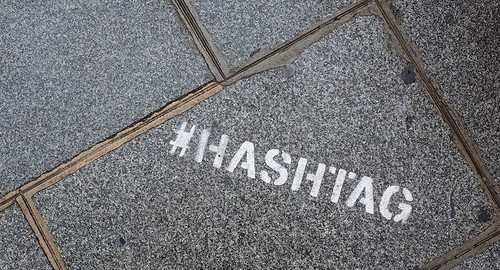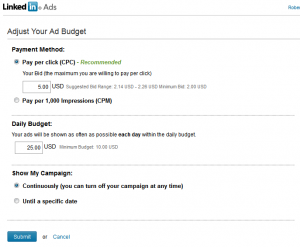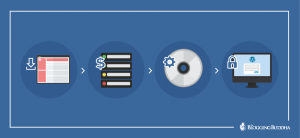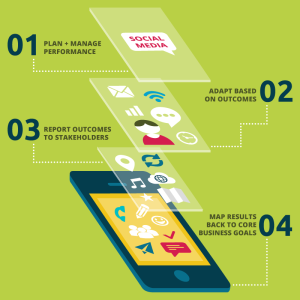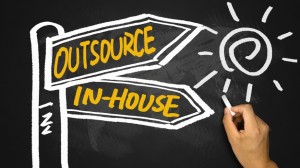Hashtags pose a unique set of problems for the marketing world. While they have the ability to unite people for a common cause, they also hold destructive power when used out of context.
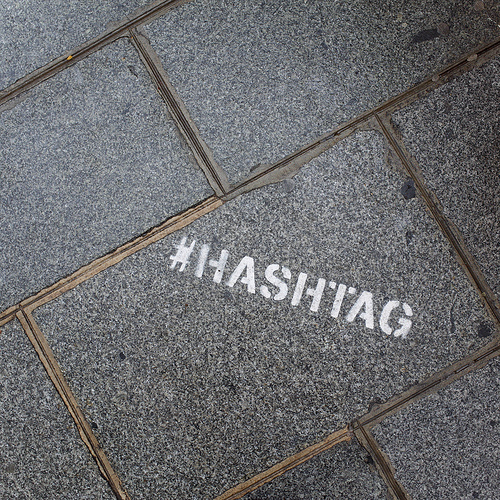
Several large companies have experienced severe pushback from the social media world through marketing campaigns centered on the use of a sponsored hashtag. Nevertheless, with appropriate research, clearly defined objectives, and a healthy dose of patience, any company can benefit from using the powerful social media tool to further its marketing agenda.
The History of Hashtags
Hashtags are relatively young players in the marketing arena. Since Twitter popularized their use in 2009, hashtags have become an integral part of social media culture around the world. Click any trending topic on Twitter to witness the sheer force of people behind social media movements.
Hashtags like #bostonstrong, #SFBatkid, #OccupyWallStreet, #FreePalestine, and the myriad of other viral hashtags over the last few years show the power of people coming together for a shared purpose.
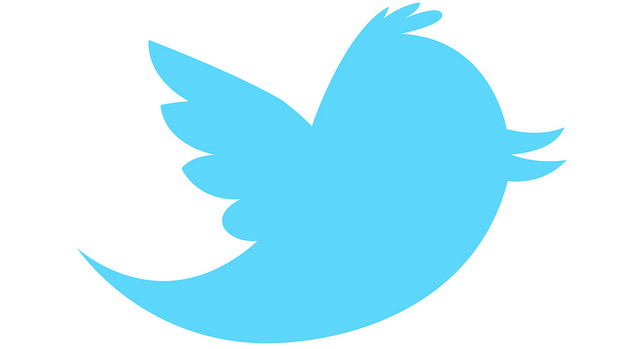
The Unavoidable Dangers
Unfortunately, since hashtags exist in the hands of the public, it’s challenging to accurately predict how they will be utilized after they begin circulating. While a company might have perfectly admirable intentions behind a social media campaign, the masses are often critical of any type of marketing initiative. Regardless, social media marketing is a crucial aspect for companies that want to remain relevant to younger generations.
In the digital age, the public holds the power to dismantle any type of marketing campaign. Companies must carefully plan and conduct thorough research before launching into the realm of social media marketing.
Hashtags Gone Wrong
While plenty of social media campaigns have flopped in the last year, these three demonstrate prime examples of ill-planned hashtag marketing campaigns:
- McDonalds. The most loved and hated fast food giant launched sponsored hashtag #McDStories in January of 2012, hoping to create a space for people to share special stories about Happy Meals. The innocent hashtag quickly morphed into #McDHorrorStories and other negative variations. Instead of sending positive feedback, people shared terrible stories about food poisoning and made allegations about the quality of McDonalds food.
- JP Morgan. In November of 2013, JP Morgan sponsored the hashtag #AskJP to facilitate a question-and-answer session over Twitter. College students were invited to send questions to a senior executive who would be prepared to answer any and all questions. Users immediately began sending cynical, snide questions concerning the less-than-glamorous history of the bank.
- NYPD. Created in the spring of 2014, #myNYPD encouraged people to share uplifting stories about the NYPD and its recognized heroics. However, the Twitter world quickly began using the hashtag to send stories of police brutality instead.
When Twitter users take control away from the company and transform the original intent, the results can be quite disastrous. Effective social media marketing requires proper planning. Marketing teams should develop emergency strategies for dealing with unwanted hiccups in the hashtag plans.
Take Control of the Twitterverse
To effectively execute a hashtag campaign, following a few standard guidelines can help companies avoid mishaps. These strategies include:
- Know your audience and plan accordingly. Consider exactly whom you want to target through a hashtag campaign and do comprehensive research to understand what tactics will best reach the specific group. Combine the target audience with clear objectives to produce the best odds for your upcoming campaign.
- Deal with trolls. Twitter has developed resources for users dealing with unwelcomed trolling. When a hashtag begins attracting negative attention, users can file a report and ask the staff to take action to protect them from unsolicited interactions.
- Think about the possible dangers. Marketing teams need to spend substantial time considering the dangers connected to specific hashtag ideas. Think about how the public might manipulate certain topics or phrases to create negative backlash for a marketing campaign.
In JP Morgan’s situation, the marketing staff should have known the dangers of allowing open feedback in light of their recent woes. Given the polarizing political opinions concerning police activity, the NYPD should have realized they were making themselves vulnerable to adverse responses with their hashtag.
- Use different hashtags for different purposes. Separating brand from campaign hashtags is important for marketing purposes. The brand hashtag should promote the company name or catchy tagline. Make these elements identifiable and easy to remember to clearly inform users about who you are and what you do.
For campaign hashtags, keep them short and unique. Scour social media platforms to make sure the desired hashtag hasn’t already been overused before deciding on the official tag.
- Nurture positive interaction. Hashtags create user engagement, which is excellent for marketing. Companies interested in doing additional link building and SEO should combine a hashtag with a link for the best results. This pair shows optimum user interaction. Make instant gratification possible, and give people access to the practical information they need to take action immediately.
- Stay in tune with trends. Search the trending topics for hashtags relating to your industry. Using trending hashtags creates additional traffic for your company and also demonstrates your company’s relevancy to current events, movements, and more.
Trending tags also grant companies an opportunity to extend marketing reach. Even though the extended reach is usually only temporary, your message will be viewed on a much wider scale since trending tags represent the hottest topics on Twitter.
- Don’t be a copycat. When developing a hashtag marketing campaign, it’s tempting to repeat success stories from the past. Watching companies like JP Morgan and McDonalds flounder through unsuccessful social media campaigns makes the prospect of launching future plans slightly terrifying. Nevertheless, originality lends a certain charm to users and future clients.
Hashtags For the Win!
Despite the horror stories, hashtags remain one of the most valuable marketing tools in the business. Learning from past mistakes will help your company develop more exciting campaigns to effectively demonstrate to the public why your company matters in the ever-evolving world of social media and online marketing.
Have you experienced hashtag success? Or perhaps a marketing mishap? Share the details!
Digital & Social Articles on Business 2 Community
(305)
Report Post